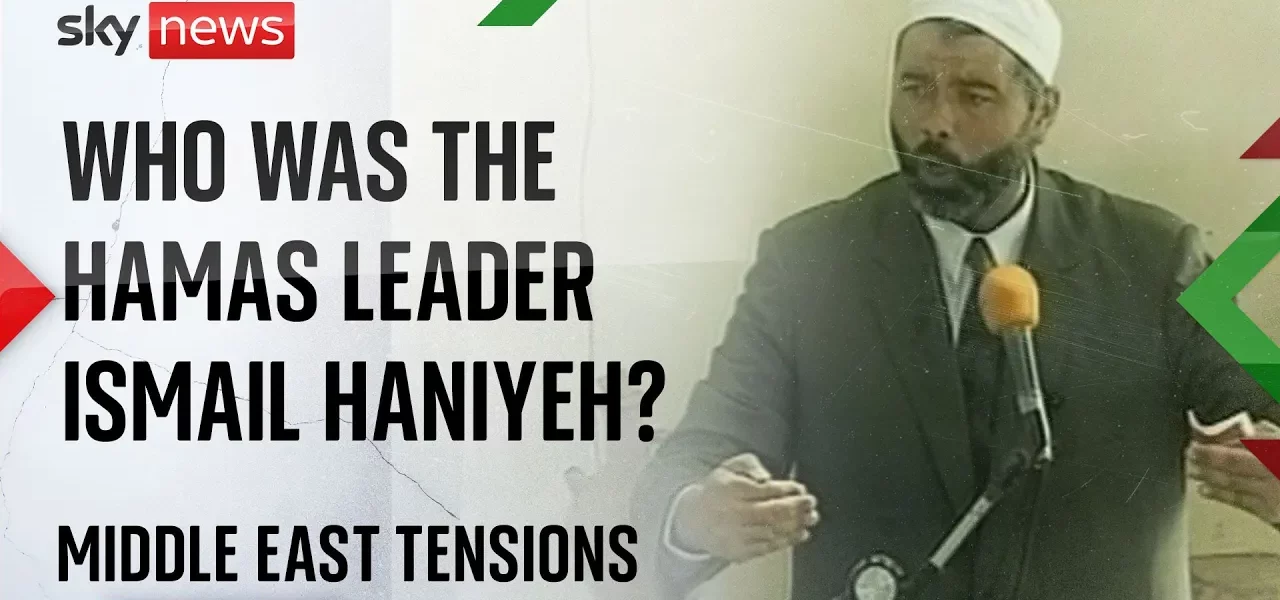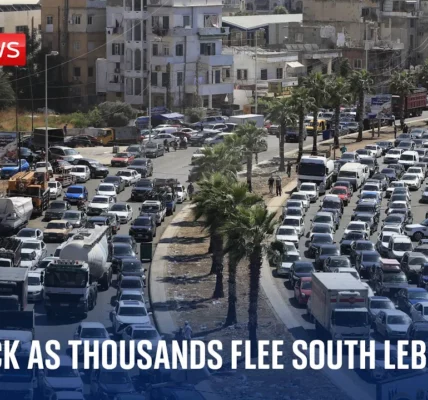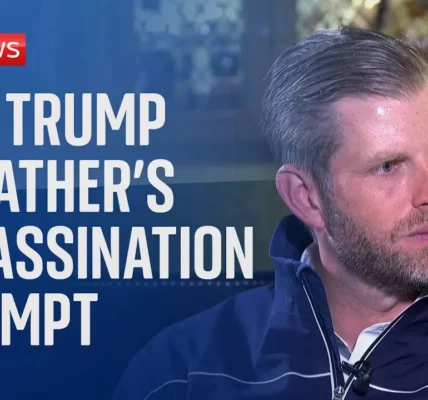Assassination of Hamas Leader Ismael Haniya: Implications and Reactions

This article delves into the assassination of Ismael Haniya, the political chief of Hamas, exploring its repercussions on Palestinian politics and Israeli relations. The event, marked by tensions and protests, raises pressing questions about the future of peace negotiations in the region.
Introduction
On the day of a significant political event in Iran, Ismael Haniya, the leader of Hamas, was assassinated, marking a dramatic turn in the ongoing conflict between Israel and Palestinian factions. Haniya’s death raises numerous questions about the stability of the region, the future of Hamas, and the potential for peace negotiations. This article examines the backdrop of Haniya’s leadership, the circumstances surrounding his assassination, and the broader implications for Palestine and Israel.
The Circumstances of Haniya’s Assassination
The assassination of Ismael Haniya occurred shortly after a public appearance in Tehran, where he greeted officials and expressed his pride in being part of the resistance. Hours later, reports emerged that Haniya’s residence was targeted, leading to his death. This section explores the details surrounding the event.
Timeline of Events
- Haniya’s public appearance in Iran.
- His tour of an exhibition in Tehran.
- Assassination at his residence.
- Immediate reactions from Iranian officials and citizens.
Reactions and Accusations
Following the incident, the Iranian government quickly pointed fingers at Israel, indicating a pattern of similar past actions. While Israel has not officially commented, the implication of their involvement aligns with historical precedents of targeted killings in the region.
Haniya’s Leadership and Political Background
Ismael Haniya became the leader of Hamas in 2006, succeeding the organization’s founder, Sheikh Yassin. His leadership is characterized by a commitment to armed struggle while also attempting to navigate political landscapes, making him a somewhat pragmatic figure in a tumultuous environment.
Haniya’s Efforts Towards Peace
Despite being designated as a terrorist by several nations, including the United States, Haniya sought to negotiate ceasefires with Israel. His approach was often seen as moderate compared to other factions within Hamas.
Impact of His Assassination on Palestinian Politics
- Potential energization of the Palestinian cause.
- Increased protests in the West Bank and Gaza.
- Challenges in future negotiations with Israel.
Public Reaction and Protests
The assassination sparked widespread protests across the West Bank, with many Palestinians rallying in support of Hamas. This section covers the nature of these protests and the sentiments expressed by the people.
Protests in the West Bank
In cities like Hebron, hundreds of Palestinians took to the streets, displaying the green flag of Hamas. The protests, although rare in territories governed by Fatah, signify a strong emotional response to Haniya’s death.
Statements from Palestinian Leaders
Political leaders expressed dismay at the assassination, questioning the motives behind targeting a figure who could have facilitated peace talks. The sentiment among some was that Haniya’s death represented a blow to the peace process itself.
Strategic Implications for Israel and Hamas
The assassination of Haniya presents a complex scenario for both Israel and Hamas, as the Israeli government aims to dismantle Hamas while simultaneously engaging in negotiations. This section examines the strategic implications following Haniya’s death.
Contradictions in Israeli Policy
Many analysts point out the contradiction in Israel’s approach—seeking to eliminate Hamas’s leadership while also pursuing negotiations. This duality raises questions about the effectiveness of such a strategy.
Future of Hamas
Despite Haniya’s assassination, experts suggest that Hamas has previously demonstrated resilience and may recover from this setback. However, the balance of power in the region could shift dramatically as tensions escalate.
Conclusion
The assassination of Ismael Haniya marks a critical juncture in the ongoing conflict between Israel and Palestine. As the political landscape shifts, the implications of this event will resonate throughout the region, potentially energizing the Palestinian cause while complicating the peace process. As tensions rise, it becomes crucial for both sides to navigate this tumultuous period with care. For more in-depth analyses on Middle Eastern politics, consider exploring our related articles on the Israeli-Palestinian conflict and peace negotiations.
“`




